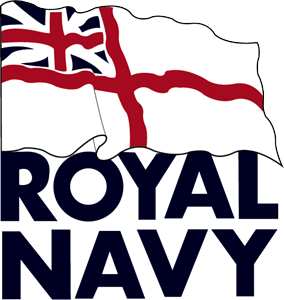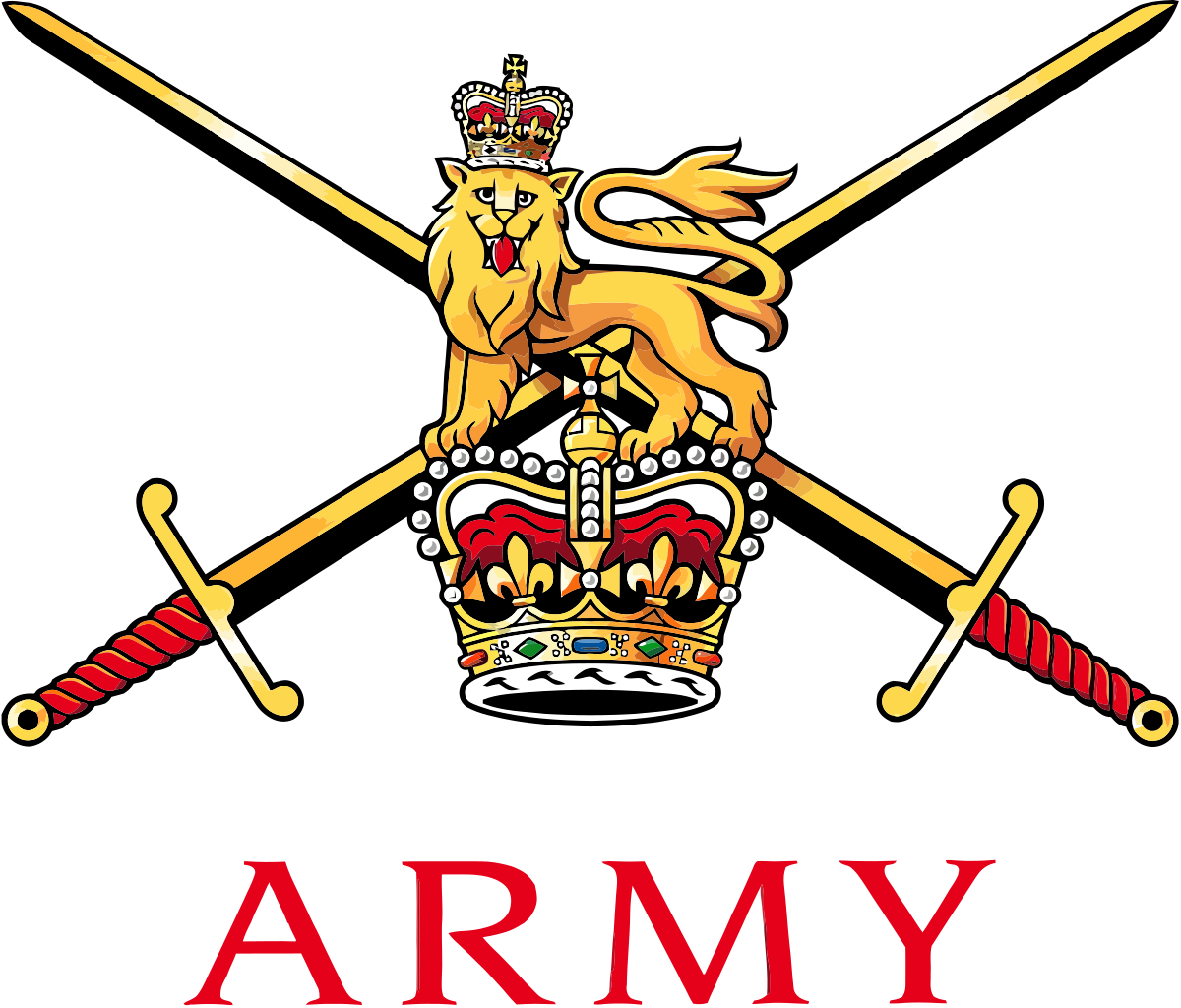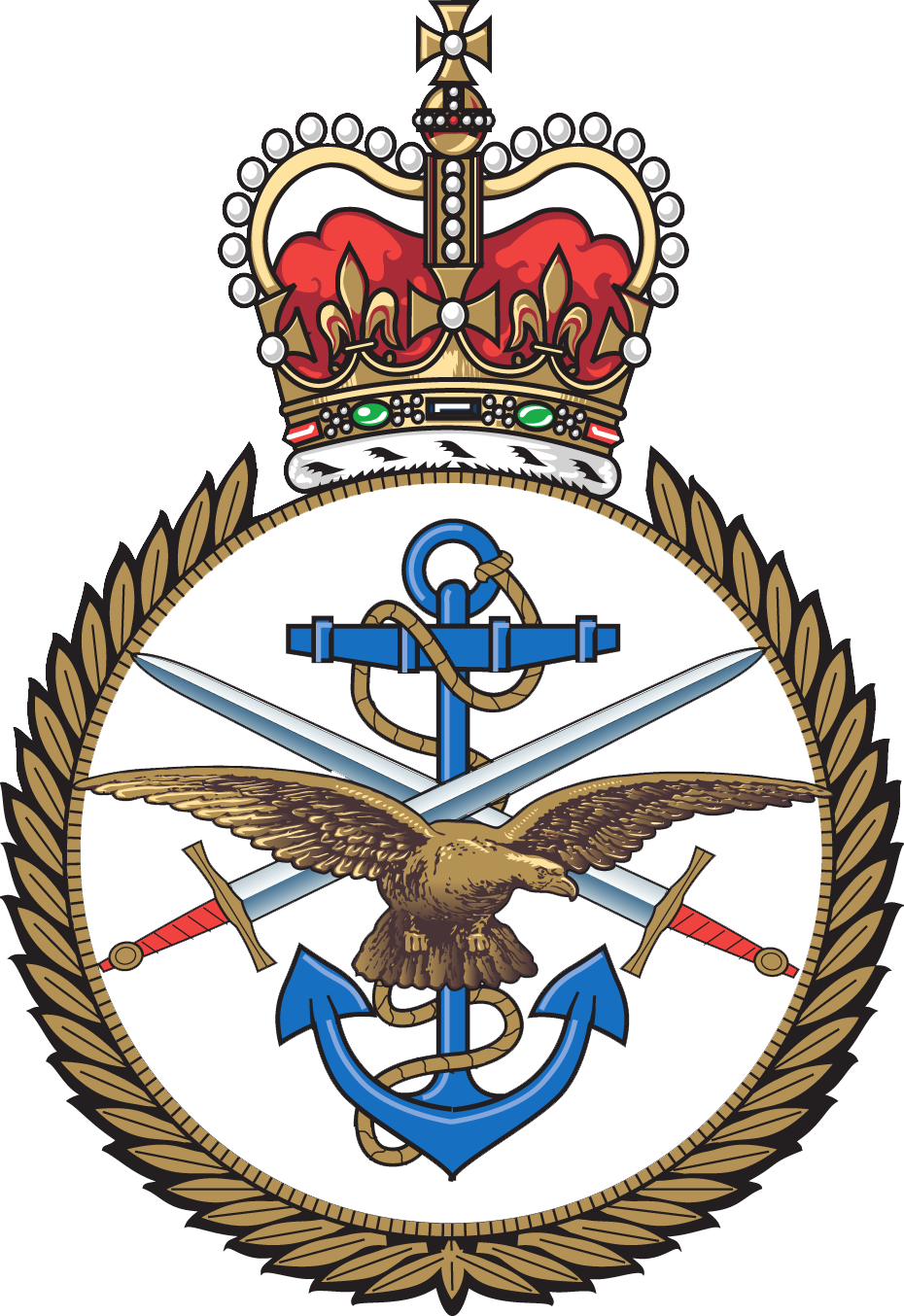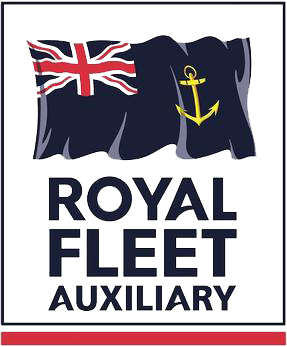UK Armed Forces Weekly News Roundup (2–8 August 2025)
Welcome to this week’s British military news update, covering the latest developments across the British Army, Royal Navy, Royal Air Force, and veterans’ affairs. As global security dynamics evolve, the UK continues to modernise its military capabilities, strengthen international alliances, and support those who serve. This week’s developments offer valuable insight into Britain’s defence posture, innovation pipeline, and the wider impact of military investment on the national economy.
British Army: Defence Investment, European Cooperation, and International Exercises
The British Army remains at the heart of the UK's defence transformation. This week, the government entered advanced discussions with the European Union about joining the new Security Action for Europe fund, valued at €150 billion. Although the UK is no longer an EU member, British defence companies could gain partial access to joint procurement opportunities, provided they meet certain manufacturing and sourcing criteria. This move aims to keep Britain engaged in Europe's collective security framework while boosting UK-based production and R&D capacity. These talks are being closely watched by defence firms and investors alike, particularly as the Strategic Defence Review continues to shape future Army capabilities.
The Army is also deepening its operational partnerships. British troops participated in a major NATO river crossing exercise in Germany alongside German forces, testing amphibious engineering tactics and reinforcing interoperability. Exercises like this help maintain rapid deployment readiness and contribute to NATO’s broader deterrence strategy, especially along the alliance's eastern flank.
On the industrial side, BAE Systems reported double-digit growth in revenue and profit, reflecting rising global demand for land combat systems, vehicles, and secure communications. These figures confirm that defence industry performance is becoming a core contributor to the UK economy, generating jobs, exports, and long-term investment.
Royal Navy: Strategic Partnerships and Maritime Vigilance
The Royal Navy continues to lead from the front in delivering global maritime security. This week, HMS Prince of Wales remained on station in the Indo-Pacific as part of Exercise Talisman Sabre, a multinational operation hosted by Australia. Over 30,000 personnel from more than a dozen countries, including the UK, the United States, and Japan, have been working together to enhance naval interoperability and respond to emerging threats in the region. The Royal Navy’s participation reaffirms Britain’s commitment to a free and open Indo-Pacific, in line with the government’s Global Britain strategy.
Meanwhile, the UK-Australia defence alliance reached a milestone with the official signing of the Geelong Treaty, a 50-year bilateral defence pact underpinning the AUKUS submarine programme. The agreement paves the way for UK shipyards to contribute to the development of next-generation nuclear-powered submarines, while also securing thousands of high-skill jobs across the defence sector. The treaty includes long-term commitments to training, infrastructure, and innovation, making it one of the most comprehensive bilateral defence partnerships in British history.
In home waters, HMS Iron Duke was involved in maritime security patrols across the North Sea and English Channel. The Royal Navy continues to monitor surface and sub-surface activity in these areas as part of its enduring task to safeguard British shipping lanes and maritime sovereignty. These quiet but vital operations help to deter potential threats and reassure commercial and strategic partners.
Royal Air Force: Future Combat Systems and Global Collaboration
The Royal Air Force remains at the forefront of technological innovation. Progress continues on the Global Combat Air Programme, a sixth-generation fighter aircraft project being jointly developed by the UK, Japan, and Italy. The aircraft, intended to enter service by the mid-2030s, will integrate cutting-edge stealth, artificial intelligence, and unmanned teaming capabilities. A demonstrator is on track for its first flight in 2027.
This week, Portugal expressed interest in joining the programme as an observer nation, signalling growing international confidence in the UK-led initiative. With Edgewing, a new multinational industrial entity, now managing design and production, the programme has entered a critical development phase. For the RAF, this marks the next evolution in airpower, ensuring Britain retains its edge in air combat and operational reach.
Elsewhere, the RAF continued its support of NATO air policing missions, maintaining a presence over Eastern Europe while contributing to surveillance and deterrence operations. Though not as headline-grabbing as front-line fighter programmes, these operations are essential for maintaining stability and fulfilling the UK’s obligations to collective defence.
Veterans’ Affairs: Economic Support and Long-Term Vision
Support for veterans remains a cornerstone of the government’s defence agenda. This week saw renewed discussion around how defence spending benefits the wider veteran community. With the announcement of nearly £3.2 billion in new defence contracts by UK-based firms such as Serco, job creation within logistics, training, and defence support services is on the rise. These contracts not only strengthen operational readiness but also provide meaningful employment opportunities for ex-service personnel.
There are growing calls for a more integrated veterans' support strategy, with many former service members advocating for improved access to housing, mental health services, and career development programmes. The Armed Forces Covenant continues to be a key policy tool, but veterans’ charities have suggested expanding its reach and accountability across local councils and healthcare providers.
Admiral Lord West, former First Sea Lord, urged the government to commit to long-term defence investment, recommending a target of 3 percent of GDP and the adoption of a whole-of-nation approach to national security. He stressed the importance of recognising service not just through ceremonial events but through robust and consistent support across all stages of military life and into civilian transition.
Strategic Outlook: Defence Review and Fiscal Policy
As the Strategic Defence Review 2025 unfolds, the government is also facing economic pressures. Former Prime Minister Gordon Brown proposed that defence capital projects be exempt from standard fiscal rules to allow for greater investment in future capabilities without triggering budget penalties. He recommended exploring joint defence bonds in partnership with NATO or the EU as a way to ensure that vital infrastructure and equipment upgrades can proceed without delay.
This proposal has sparked renewed debate in Westminster about the appropriate balance between defence spending and economic discipline. With geopolitical risks rising, including tensions in the South China Sea and instability in Eastern Europe, many defence analysts argue that sustained investment is essential to maintaining credibility with allies and deterrence against adversaries.
Keep Following Our Weekly Updates
That’s all for this week’s UK Armed Forces news roundup. From next-generation fighter jets and deepening strategic alliances to rising defence investment and veteran support priorities, this has been a significant week for British defence policy and military operations.
Explore our collection of British military-themed prints. Celebrate history with beautifully restored images of iconic RAF aircraft, Royal Navy warships, and British Army equipment. Whether you're a veteran, collector, or enthusiast, you'll find something meaningful in our curated military art collection.
Be sure to return next Friday for your next UK Armed Forces Weekly News Roundup.










